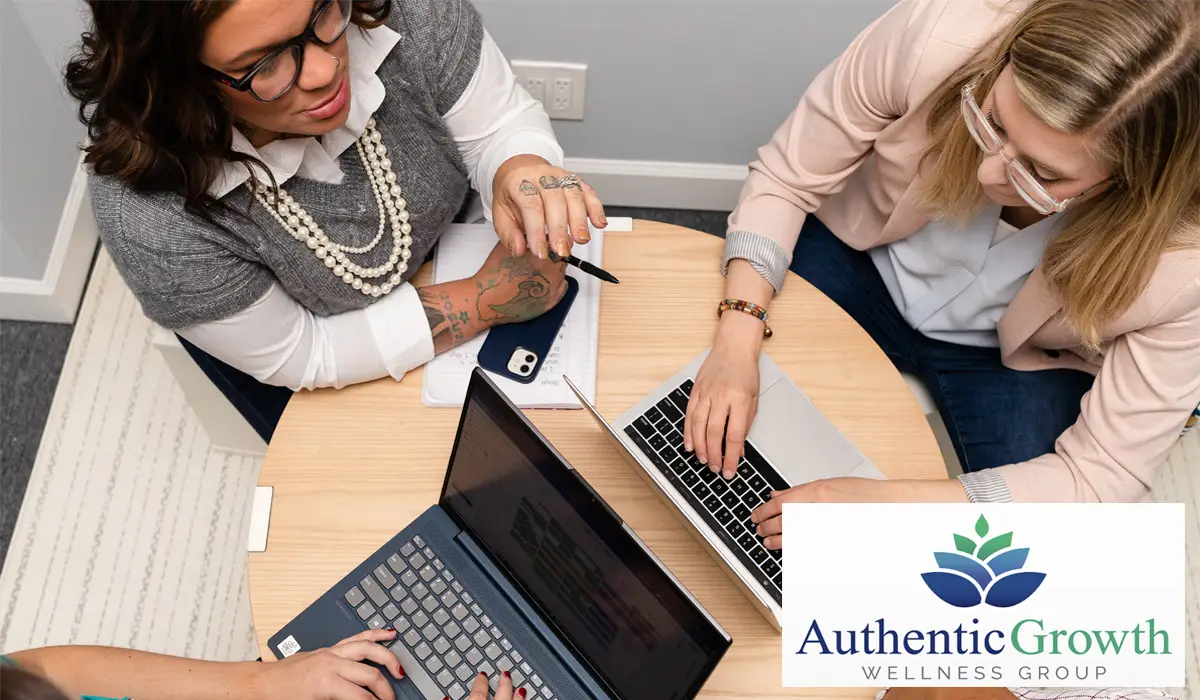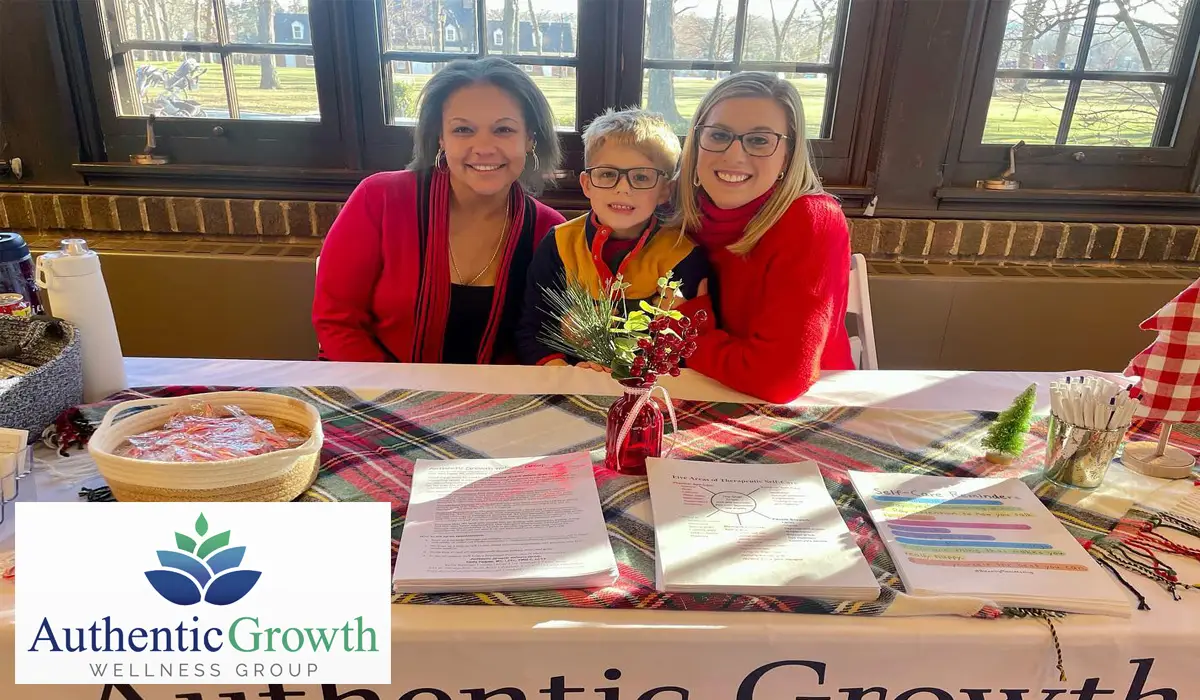Identifying Our Emotional Parts Help Us Healthily Grow
- Authentic Growth Wellness Group
- Articles
- Blog
- Identifying Our Emotional Parts Help Us Healthily Grow

Identifying Our Emotional Parts Help Us Healthily Grow
Recognizing Our Emotional Parts Helps Us Grow In A Healthy Way
What if instead of shaming ourselves and having the inner critical wreak havoc, we – somehow, someway – were able to speak to ourselves – speak to the emotionally pained, wounded parts of ourselves – with self-compassion, grace, and patience? This may initially feel impossible to most of us, but with the help and guidance of a trusted mental health professional, this type of healing and integration is possible.
This is called Internal Family Systems, or “parts work”, that mental health professionals – such as myself – integrate with clients engaging in the psychological and emotional healing process, but it is a helpful orientation to processing daily life and organizing our internal dialogues. If “us parents” can organize our internal dialogues towards ourselves in a helpful, compassionate, effective way, then we are able to model and infuse this way of thinking within our children.
This is the first step of helping our children – it is first creating space for ourselves as parents/caregivers/teachers; doing this allows us to have the bandwidth to show up for a child’s emotional moment with a more present, mindful version of ourselves we want to have along for this ride. This can often be its own endeavor, but everyone is able to achieve this eventually, and no parent/caregiver is alone in this journey! As I always tell my clients, “I got your back with this ‘parenting and co-regulating stuff’!”!
This approach to healing can also be integrated into our approaches parenting our children. Even if we are doing everything we can as parents/guardians/caregivers to help and support our children, the most important truth we have to accept is that we cannot prevent our children from feeling difficult emotions – this is simply impossible. Instead of preventing our children from experiencing big, difficult, overwhelming feelings, the actual goal is to help them through the hard feelings.
The beginning stages of figuring out your own effective approach within your own family system is to begin here: 1) engage in parent emotion-regulation (the parent/caregiver “doing their own emotional work” individually within themselves), 2) provide co-regulation (after the parent takes time to regulate/deescalate their overwhelm firm), and 3) acknowledge the child’s big feelings with pause, reflection, empathy and compassion.

This sounds like a “tall order” when we are encountering a child in a throws of an emotional moment, but our jobs as parents is to guide our children through hard feelings and help them understand what they mean. We can best guide our children by holding space and creating a moment of pause for our parental/caregiver overwhelm we are most likely feeling; after creating pause, I gently and compassionately push you to endeavor to speak to that overwhelmed, frustrated part of you. What does that part need to hear? Is it something like, “you have been doing everything imaginable to care for this child, and them having a hard moment is not a reflection of you or your parenting/caregiving.”.
This is the beginning piece – but it is THE most important, critical piece – that allows us parents/caregivers to understand how we can speak to our overwhelm first in order for us to have the emotional energy and wherewithal to coach/guide the child through their overwhelm. Learning how to recognize, foster, grow, and integrate a voice of self-compassion within our adult minds as parents/caregivers is the birthplace of where we begin to help our child through an overwhelming moment.
Although we want to protect children from anything that is ever hard, the goal is to truly help the child feel their big feelings in a safe way, with caring adults that can compassionately withstand the child’s emotions, towards the goal of finding strategies they can learn and lean on to help them through the process; this requires accepting another truth there: big feelings, feelings of overwhelm, are NOT “bad”. The strategies to help children regulate, co-regulate, and process big emotions can be done with the trusted guidance of a child and family mental health therapist/counselor, and by also implementing the above steps consistently within the home.
This hard work of effectively helping our children cope with their feelings begins with our own feelings, triggers, and overall emotional healing journey as parents/caregivers/teachers. When we can integrate self-compassion, we create a birthplace of emotional energy to show up for our children in the way they need us to.
–Emily Pagone, MS, LCPC, PMH-C, CCTP
Clinical Therapist, Supervisor, + Founder of Authentic Growth Wellness Group
Counseling for Children, Adolescents, Teens, Young Adults, Parents, and Family Systems.
emily@authenticgrowthwellness.com
630.796.0884

